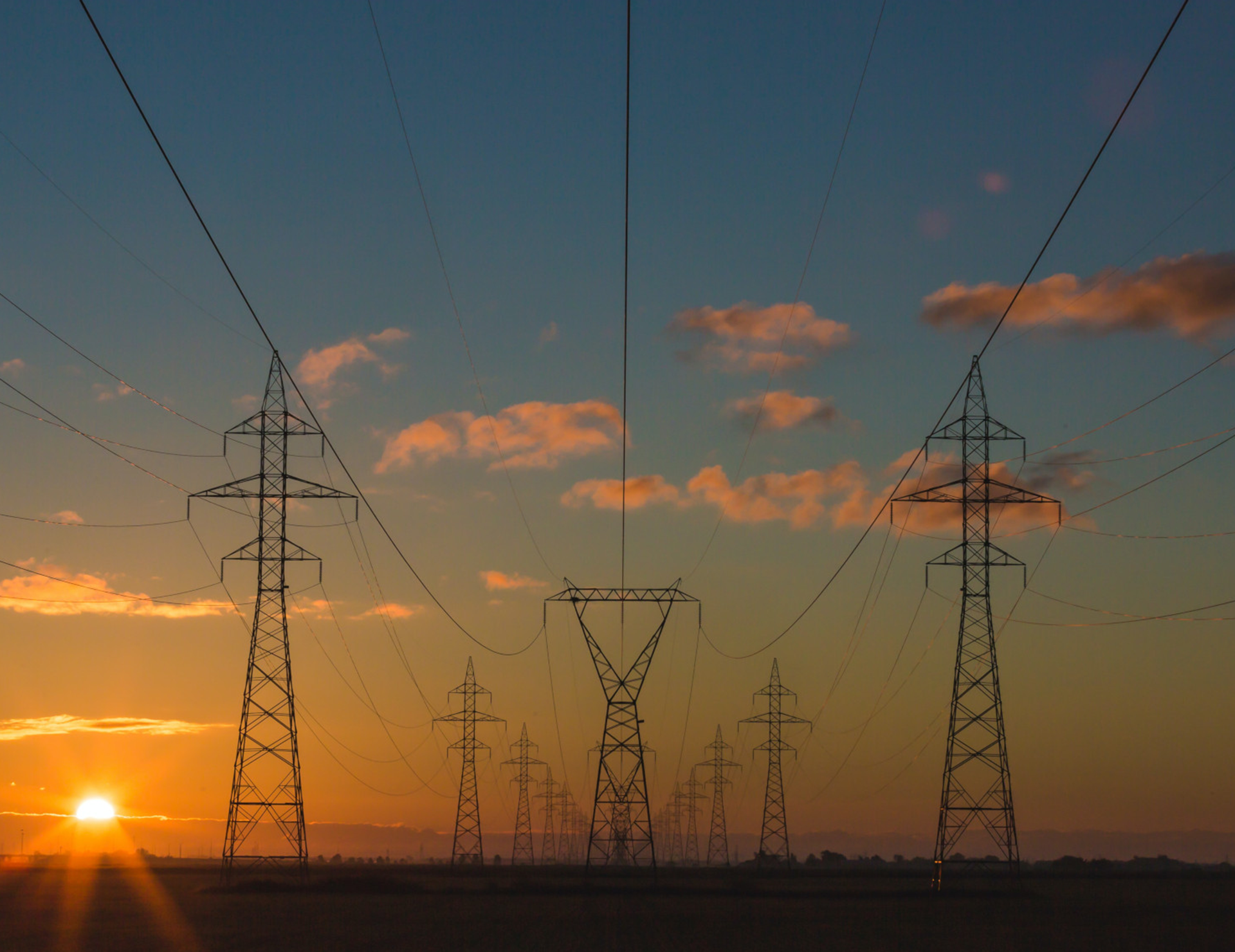Abkhazia's political turmoil amidst deepening energy crisis

Abkhazia is facing a severe recession. Recent protests over October’s investment deal and the scandal of President Bzhaniya’s Russian estates coincided with a deepening energy crisis. These events are profoundly linked, showing once again Moscow’s leverage in the region.
On October 30, Abkhazia and Russia’s Economic Ministers, Kristina Ozgan and Maxim Reshetnikov, signed a controversial investment agreement, granting Russian companies significant fiscal and customs benefits for projects worth at least 2 billion rubbles (approximately $18 million). Supporters argued the deal would boost Abkhazia’s struggling economy, but critics claimed it threatened national interests and handed control to Russian oligarchs.
On November 11, the Abkhazian parliament passed a draft law detailing specific measures tied to the controversial investment agreement. The same day, protests erupted, lasting until November 15, the scheduled date for ratification. Public outrage intensified following allegations on opposition Telegram channels that President Aslan Bzhaniya had acquired Russian properties worth 1.5 billion rubbles (over $14 million) during office. Media criticism pointed out the timing of the deal, arguing that the government should have prioritized preparations for the harsh winter and securing funds to import electricity from Russia.
Finally, on November 19, after 7 hours of negotiations, Bzhaniya announced his resignation, soon replaced by Vice-President Badra Gunba waiting for next presidential elections in February 2025. Bzhaniya still intends to run for 2025 elections, despite the fact his government faced other severe allegations. For instance, he’s accused of selectively granting citizenship while restricting naturalization for the Abkhaz diaspora in Turkey and the Middle East, reportedly to curb Turkish influence as directed by Moscow. Media claims also highlighted widespread corruption, with public funds allegedly diverted to Bzhaniya and his allies.
In the meantime, a severe energy crisis brought the region to its knees. On the one hand, due to Abkhazia’s refusal to sign the investment agreement, Moscow decided to end the “humanitarian electricity aid” that had characterized their relations so far. Now, electricity is sold at the market-based tariff of 4 rubbles per kWh, unaffordable for Abkhazia’s strained state budget. By failing to fulfil certain commitments to the Kremlin, the previous policy of socio-economic aid including salary supplements for public sector has been erased. At the moment, the region relies almost exclusively on the Inguri Hydropower Plant - Abkhazia’s sole electricity source.
The Inguri Hydropower Plant has long faced seasonal challenges, and this year the water level has dropped to 410 meters. If it falls further, the plant may be forced to shut down, leading to an even more critical emergency. The plant itself is placed in the Georgian-Abkhaz conflict zone, with the dam located in Georgian-controlled territory and the five generators situated in Abkhaz-controlled land. Despite the ongoing conflict, an informal 30-year agreement divides the plant’s output, granting Abkhazia 40% and Georgia 60%.
Winter exacerbates the situation as reduced flow in the Inguri River limits electricity production. Meanwhile, Abkhazia’s energy demand has raised from 2 to 3 billion kWh in recent years, largely due to unregulated cryptocurrency mining. Right now, Abkhazia has a new system of “power-on-schedule”, where electricity is available just for 4 hours and 40 minutes per day, with uninterrupted supply from 9PM to 7AM. Cryptocurrency mining is one of the main reasons behind Abkhazia’s energy crisis, raising public electricity consumption by one third. Though initially legal, over the years it has been impossible to ban, leading to the current energy crisis. Recent data have estimated it “steals” 9 hours per day of public energy.
It was also revealed in parliament that Abkhazia receives no compensation for electricity transit through the Kavkasioni transmission line, which Russia uses to supply power to Georgia. The line is owned by a Georgian company, and Abkhazia has no stake in it. Due to the ongoing conflict, with Georgia considering Abkhazia part of its territory, no payment is made for the electricity transit. Although the Kavkasioni line is no longer officially considered Abkhazian property despite previously appearing on its balance sheet, it still facilitates regular electricity transit. This has led to substantial business activity within Abkhazia, yet no taxes have been collected for the republic's treasury. Approximately a decade ago, Abkhazia earned 80 million rubbles annually (around $2 million at the time) from this electricity transit.
Many analysts argue that the core problem behind the current energy crisis is corruption within institutions and officials. The inappropriate use of public funds and the lack of transit payments to the Kavkasioni line are just two examples of this phenomenon. Right now, Abkhazia finds itself in a dangerous impasse, amidst a destabilizing political and energy crisis. The intensity of these crises has been caused by, and revealed once again, the delicate nature of power balance between Russia, Georgia and the de-facto state. While Moscow has always viewed the breakaway republic as little more than one of its provinces, Abkhazians themselves, despite their strong dependence on the Kremlin’s support, have remained consistent in their unwillingness to accept such a status. Recent protests have happened against the backdrop of talks about a potential Russian green light for Georgia to take back its territories as part of a possible federative or confederative deal in exchange of Tbilisi’s geopolitical alignment with Moscow. Although there is little evidence as to the plausibility of these talks, they have intensified Abkhazian wariness about what they consider a creeping Russian socioeconomic colonisation. Abkhazia’s future lays on how Georgia’s government intends to manage its relations with Russia and how the region attempts to overcome its dependence on Moscow.







